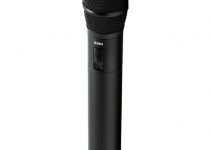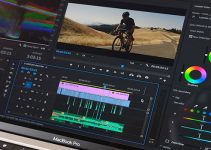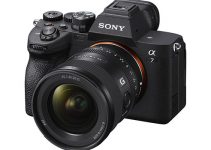At the end of the day, a successful filmmaker is usually the one that is also a successful businessperson. Part of running a business is taking great care to make sound investment decisions when it comes to acquiring gear. Cameras are a big part of the business – and they usually cost a lot.
If you are looking to understand how to pick a camera that will get you a 10x or even 15x return on your investment you might want to take a listen to Saj Adibs – Filmmaking Mentor. He provides a lot of background on what to consider when you purchase a camera as well as sound business advice.
One good piece of advice is that you don’t need to buy a camera right when it comes out. You don’t even need to have a current camera model. You need a camera that fits your needs and workflow to guarantee a return.
Saj has a couple examples of when he broke his own rules and it did not work out for him. He picked up a Blackmagic Pocket 6K thinking it would be great, but it didn’t fit his workflow and hasn’t actually made it out on a job—meaning it has made no money.
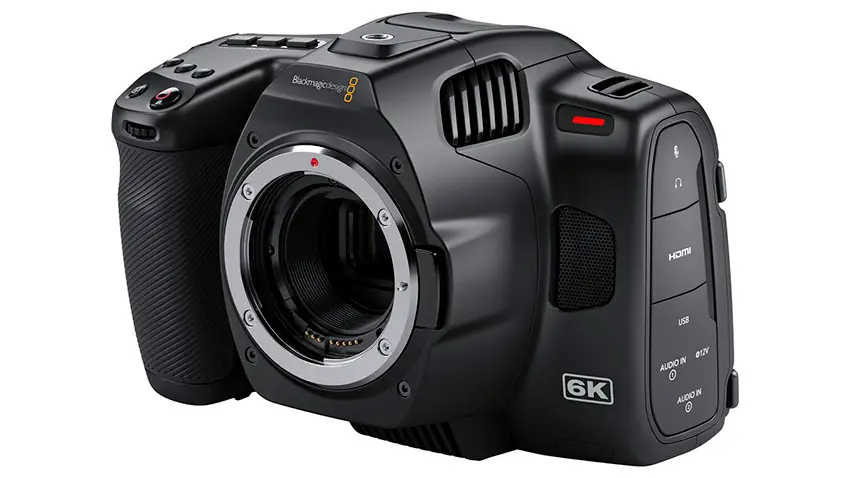
Image Credit: Blackmagic Design
To keep track of this over time you should be separating out your labor costs from your gear costs on every job. You can actually put this on your internal invoices (you don’t need to send that to the client). After some time you can actually see how much money specifically came from each camera.
This system does incentivize getting the most out of your cameras and using them for a long time. You should also apply this methodology to your other equipment, like lenses and monitors.
Choosing a camera is a business decision more than a creative decision. A fun, exciting new camera with features or workflow that you won’t use to actually work on paid jobs doesn’t make any sense. An anamorphic lens isn’t worth the cost if you do standard corporate shoots all day.
For shoots where you want or need a more specialized kit, like a RED or ARRI camera, you can rent out instead of spending the money to buy. It’ll be covered in the cost of the job and you don’t have to worry about paying off an extremely high upfront cost if you don’t have the jobs to support it.
Think about which cameras you are going to use as much as possible.
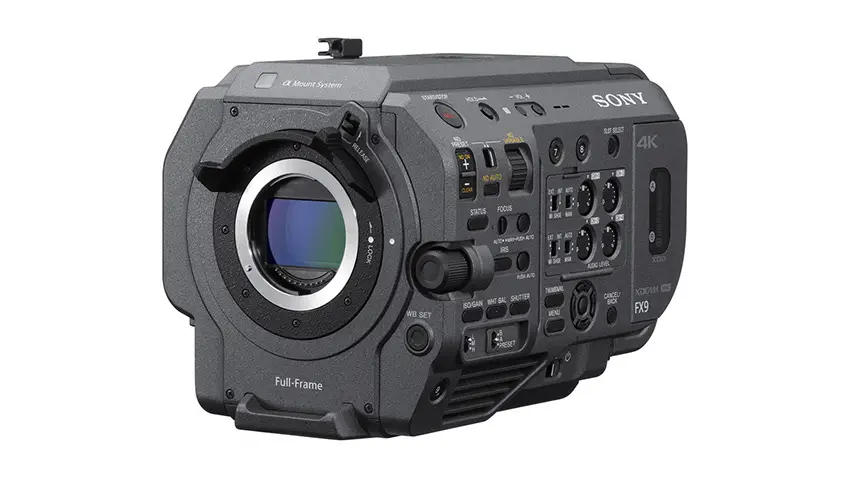
Image Credit: Sony
This explains why cameras like the Sony FX9 and C300 Mark III are so popular with business as they are incredibly flexible and easy to use.
A reason to never buy a camera day one has to do with the market. A lot of videographers work together or hire out teams for certain jobs. By waiting a bit you can see what the dominant cameras/brands are in your market and pick up something that aligns with that. This makes it easier to work with others around you.
You might also be able to get a better deal if you wait. Or be able to pick up a used model for major cost savings.
Figuring out whether a camera is worth it can be tough. You will want to do some basic math based on what the daily rate is for the gear and then how many shoots you’ll need to do to pay it off. On average this will run 20-40 shoots.
Occasionally you might have a larger job come up that would ensure you would pay off a large portion of a piece of equipment up front and that might make the decision to pull the trigger easier.
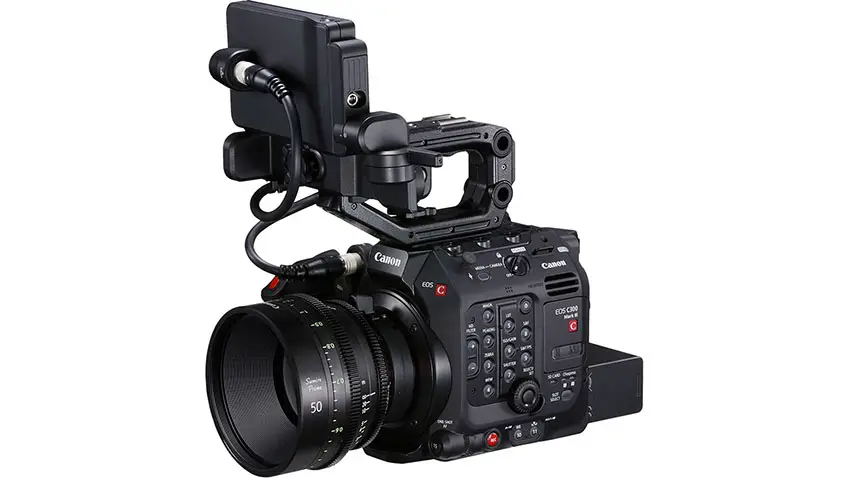
Image Credit: Canon
Another consideration is taxes. Depending on your income that year, you might want to do the math on what tax bracket you are in and what percentage of that money you are going to end up losing in taxes.
You don’t have to do that thought! Only make sure you are buying equipment that works out already and not just because you think you need to spend the money.
If you are going to be saving money next year by picking up the camera now it might make sense to invest towards the end of the year so you can do a tax write off. It might end up saving a fair chunk of money.
Last, you’ll only want to upgrade when you feel your old camera is obsolete. In his case, he made the jump from the C300 to the FS7 when 4K became the new standard.
Then, he jumped from the FS7 to the FX9 when full-frame and usable autofocus became in-demand features that would save time later on. Time is money after all.
And, you should sell your old gear if you aren’t going to use it.
[source: Saj Adibs – Filmmaking Mentor]
Order Links:
- Blackmagic Design Pocket Cinema Camera 6K (B&H, Amazon)
- Sony FX9 Cinema Camera (B&H)
- Canon EOS C300 Mark III Cinema Camera (B&H)
Disclaimer: As an Amazon Associate partner and participant in B&H and Adorama Affiliate programmes, we earn a small comission from each purchase made through the affiliate links listed above at no additional cost to you.


